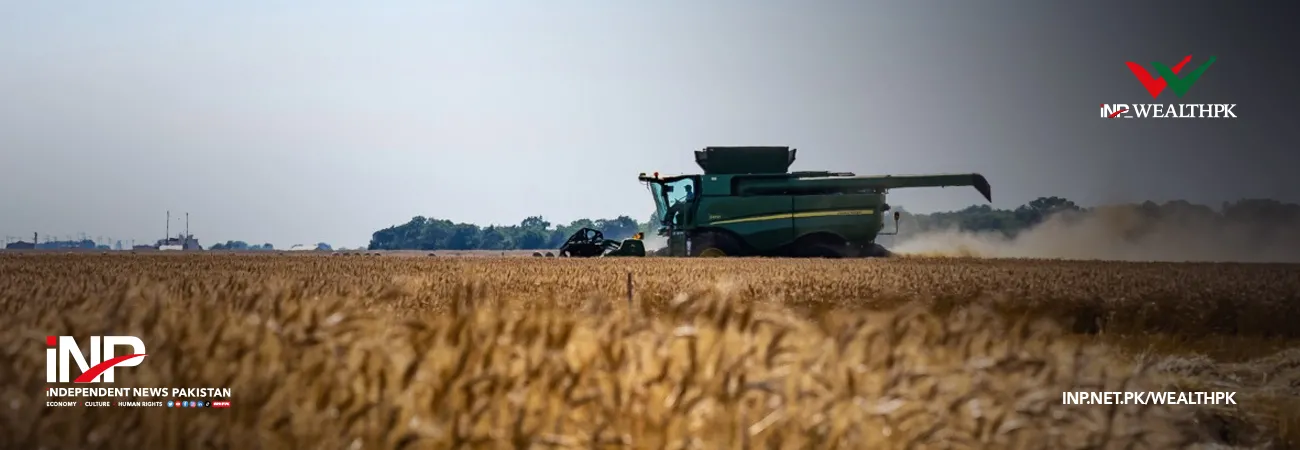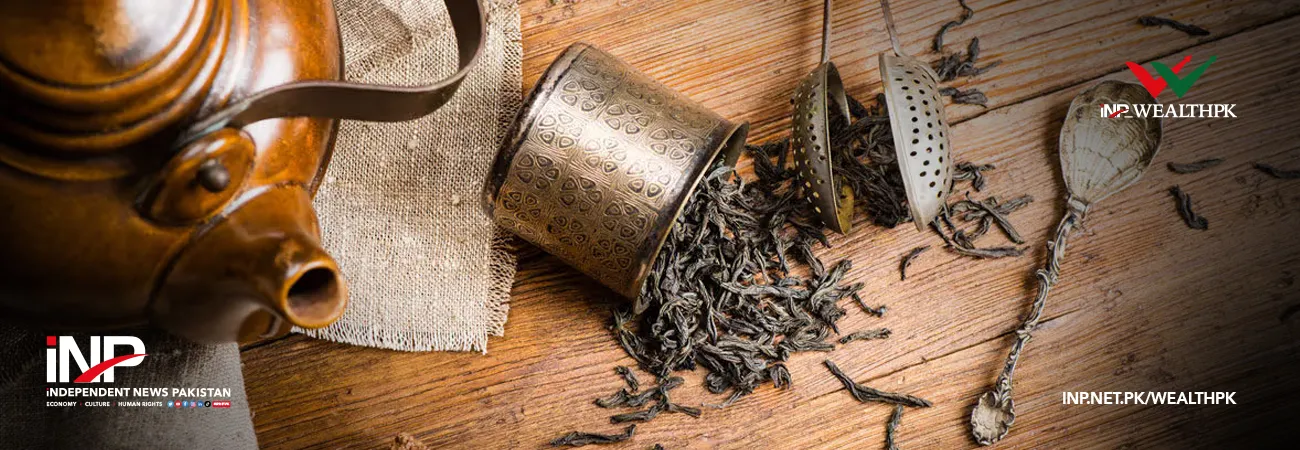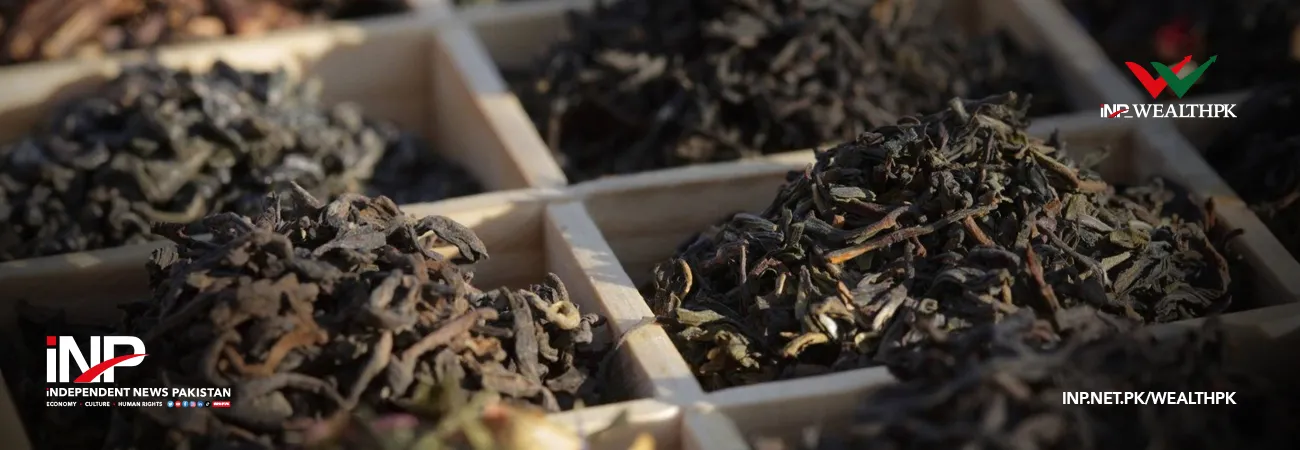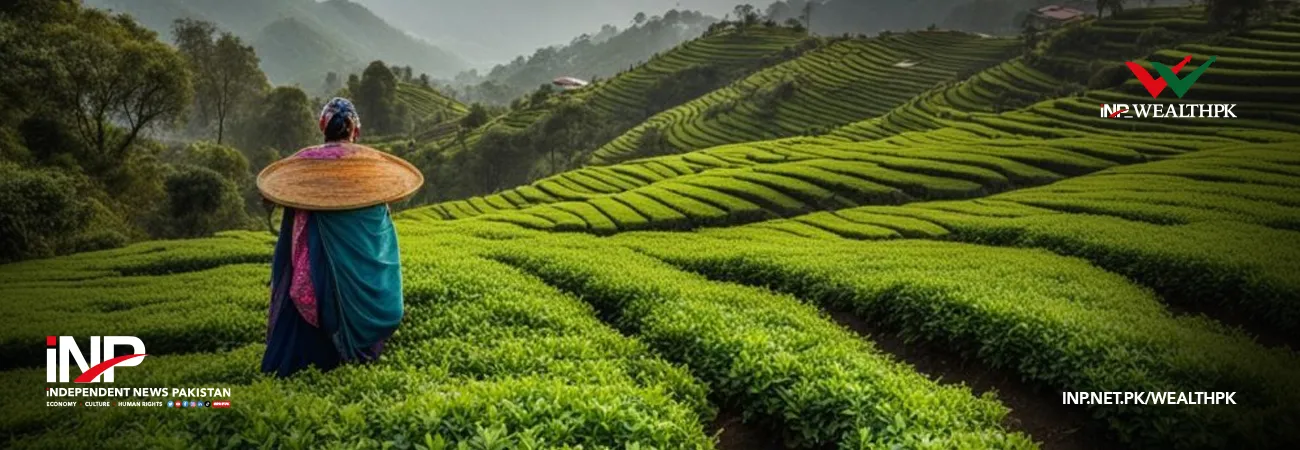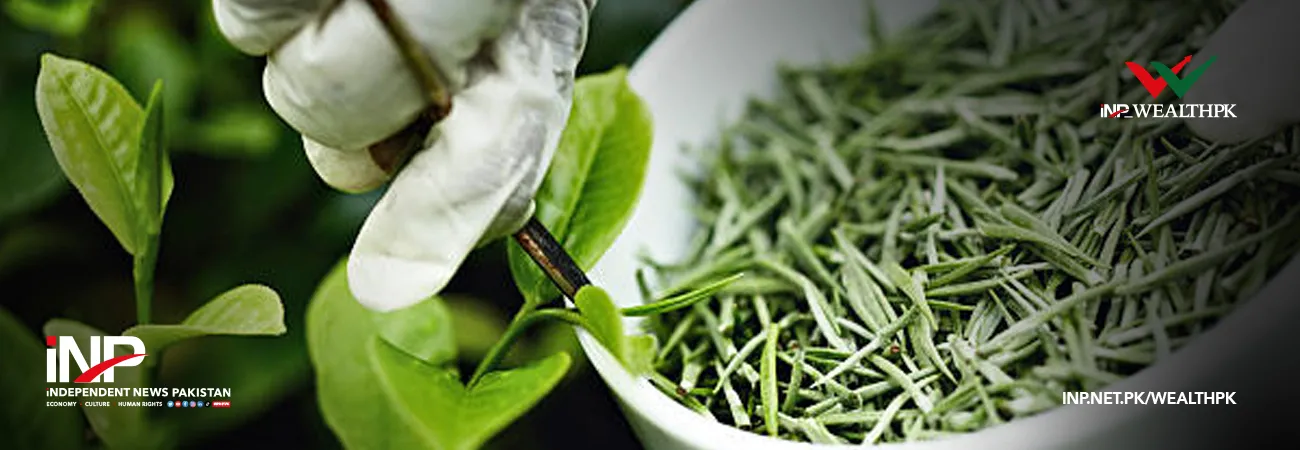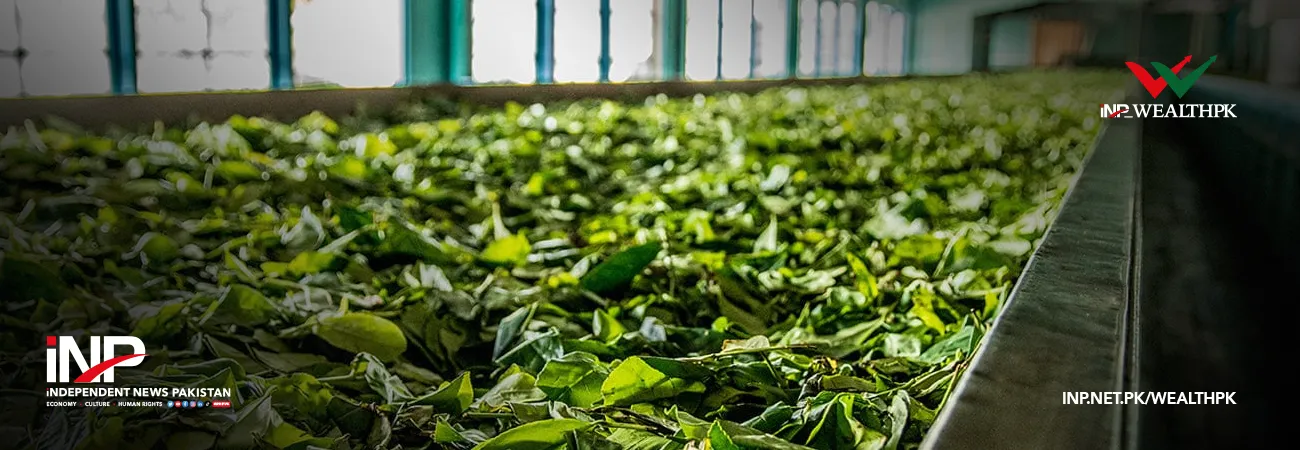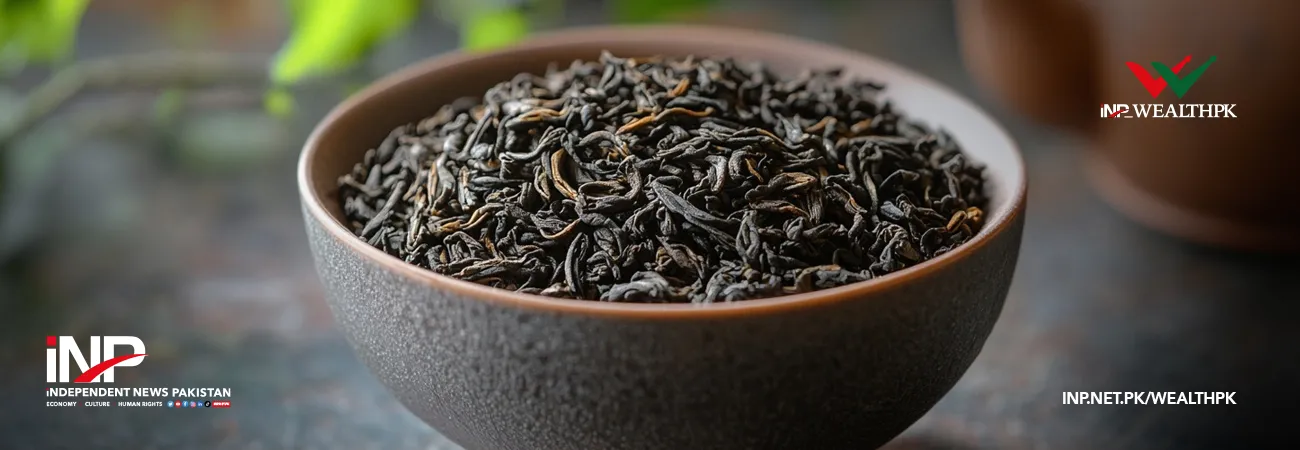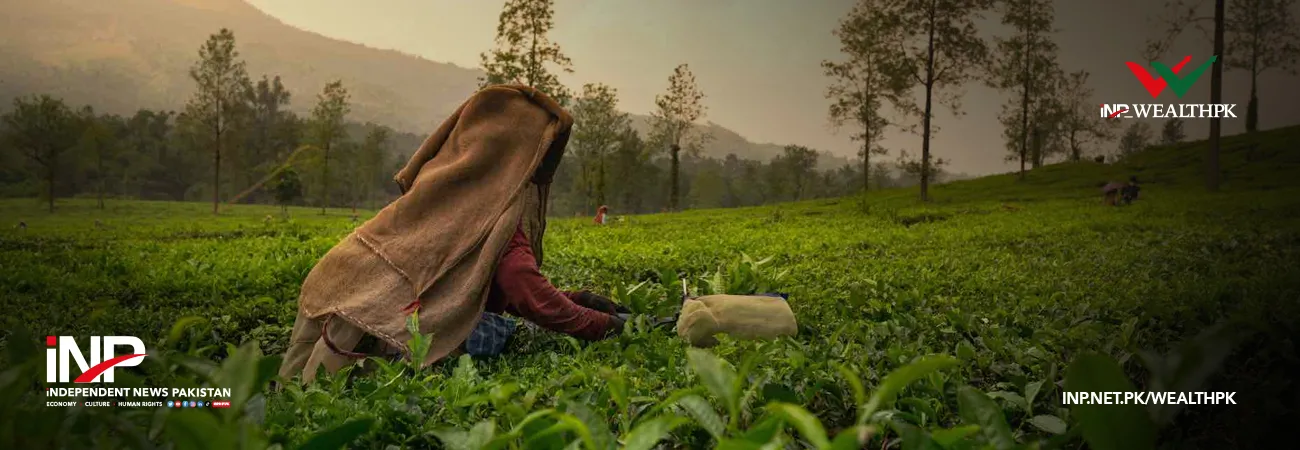INP-WealthPk
Ahmed Khan Malik
Balochistan’s agriculture sector is struggling with the rising input costs, threatening the livelihoods of people associated with it.
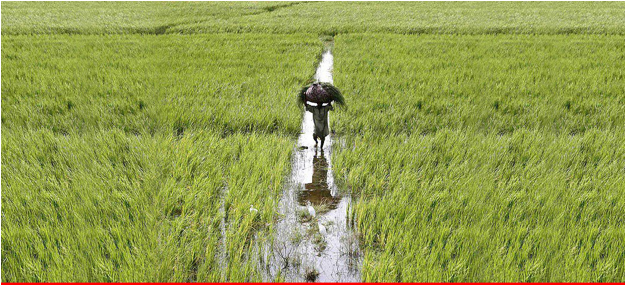
Shahid Jan Baloch, an agriculturist in the Winder area, told WealthPK that Balochistan, the largest province of Pakistan by land area, holds immense potential in the agriculture sector due to its diverse climate, fertile land, and unique produce such as apples, grapes, and pomegranates.
“However, this potential remains largely untapped. One of the most pressing challenges faced by the province’s farmers today is the ever-increasing cost of agricultural inputs, which continues to threaten both their livelihoods and the region’s food security,” he noted. “Over the past few years, the prices of essential farming inputs — fertilizers, seeds, pesticides, and fuel — have witnessed sharp increases.
Fertilizers such as urea and DAP (di-ammonium phosphate) have become unaffordable for many small and medium-sized farmers. The situation is made worse by poor subsidy distribution and the presence of middlemen, which drives prices up even further by the time they reach end-users,” Baloch said.
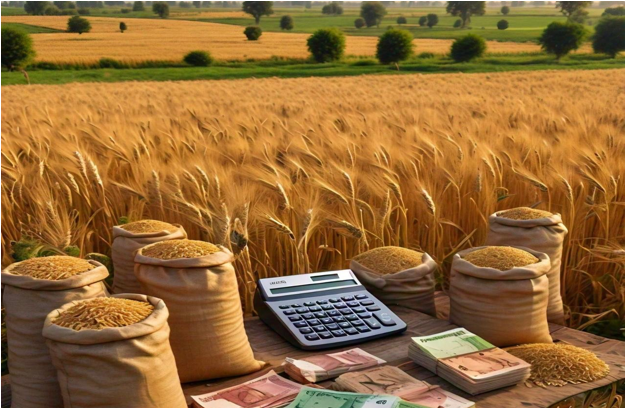
He said that water, a critical input in farming, is also becoming harder to access and more expensive. “Most farmers in Balochistan rely on underground water for irrigation, using electric or diesel-powered tube wells. With rising fuel prices and irregular electric supply — often available for only a few hours a day and at high tariffs — the cost of water extraction has become unbearable for many.
The result is either under-irrigated crops or abandoned farmlands,” he said. “Adding to these woes is the lack of access to quality seeds. Many farmers use outdated or low-yielding seed varieties, primarily because improved varieties are either unavailable or too expensive. Without access to modern seed technology, farmers are unable to increase crop productivity or improve resistance to climate and pest stresses,” the agricultural expert pointed out.
“Post-harvest losses are another major issue tied to high input costs,” he added. Manzoor Kakar, a farmer in the Pishin area, pointed out that without adequate storage facilities or cold chains, farmers are often forced to sell their produce at low prices or suffer losses due to spoilage. “For instance, Balochistan’s apple farmers frequently complain about poor market access and infrastructure, which reduces profitability even further despite the high costs involved in growing the crop,” he noted.
He said that the government has launched various support packages over the years, such as subsidies and input distribution programmes, but these initiatives often fail to reach the majority of farmers due to bureaucratic inefficiencies, corruption, or lack of awareness. “Moreover, there is little emphasis on long-term sustainability — such as investing in renewable energy for irrigation or building efficient water management systems.”
Kakar said that if Balochistan’s agricultural sector is to survive and thrive, urgent and holistic reforms are required. “These include ensuring affordable access to high-quality inputs, promoting water-saving irrigation techniques, introducing solar-powered tube wells, building storage infrastructure, and improving transportation networks.”
“Besides, empowering farmers with training and market access could significantly improve both productivity and profitability. Until these systemic issues are addressed, Balochistan’s farming community will continue to struggle under the weight of rising input costs, unable to harness the true potential of the province’s vast agricultural resources,” Kakar noted.
Credit: INP-WealthPk



